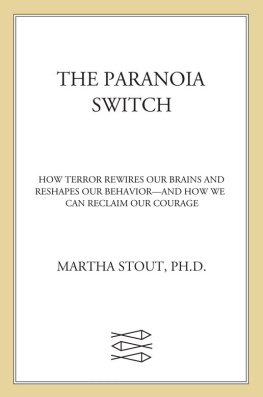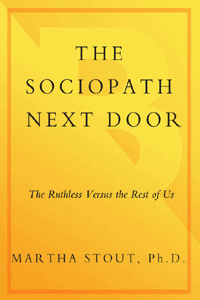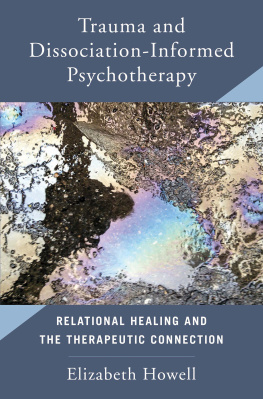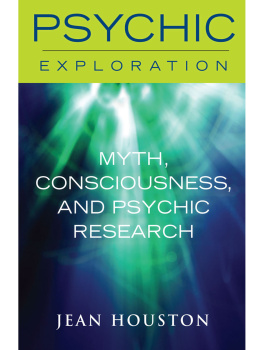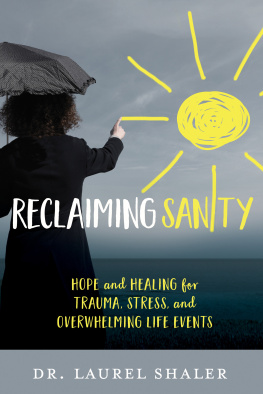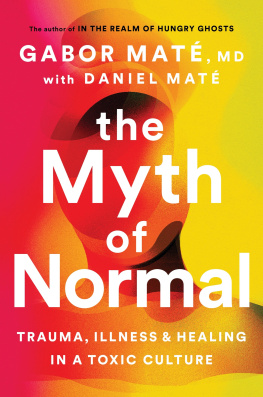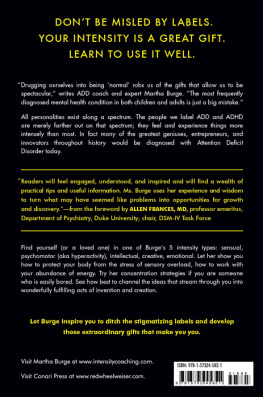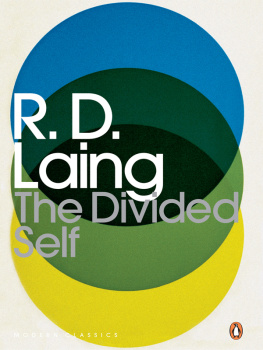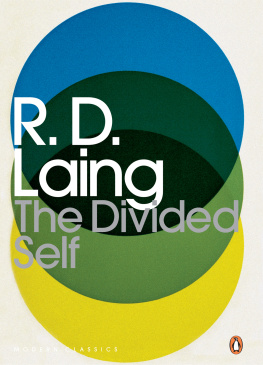Martha Stout - The Myth of Sanity: Divided Consciousness and the Promise of Awareness
Here you can read online Martha Stout - The Myth of Sanity: Divided Consciousness and the Promise of Awareness full text of the book (entire story) in english for free. Download pdf and epub, get meaning, cover and reviews about this ebook. year: 2002, publisher: Penguin Books, genre: Art. Description of the work, (preface) as well as reviews are available. Best literature library LitArk.com created for fans of good reading and offers a wide selection of genres:
Romance novel
Science fiction
Adventure
Detective
Science
History
Home and family
Prose
Art
Politics
Computer
Non-fiction
Religion
Business
Children
Humor
Choose a favorite category and find really read worthwhile books. Enjoy immersion in the world of imagination, feel the emotions of the characters or learn something new for yourself, make an fascinating discovery.

- Book:The Myth of Sanity: Divided Consciousness and the Promise of Awareness
- Author:
- Publisher:Penguin Books
- Genre:
- Year:2002
- Rating:3 / 5
- Favourites:Add to favourites
- Your mark:
The Myth of Sanity: Divided Consciousness and the Promise of Awareness: summary, description and annotation
We offer to read an annotation, description, summary or preface (depends on what the author of the book "The Myth of Sanity: Divided Consciousness and the Promise of Awareness" wrote himself). If you haven't found the necessary information about the book — write in the comments, we will try to find it.
When we say a friend was like a different person, we may be more right than we know.
-The Boston Globe
Why does a gifted psychiatrist suddenly begin to torment his own beloved wife?
How can a ninety-pound woman carry a massive air conditioner to the second floor of her home, install it in a window unassisted, and then not remember how it got there?
Why would a brilliant feminist law student ask her fianc to treat her like a helpless little girl?
How can an ordinary, violence-fearing businessman once have been a gun-packing vigilante prowling the crime districts for a fight?
A startling new study in human consciousness, The Myth of Sanity is a landmark book about forgotten trauma, dissociated mental states, and multiple personality in everyday life.
In its groundbreaking analysis of childhood trauma and dissociation and their far-reaching implications in adult life, it reveals that moderate dissociation is a normal mental reaction to pain and that even the most extreme dissociative reaction-multiple personality-is more common than we think. Through astonishing stories of people whose lives have been shattered by trauma and then remade, The Myth of Sanity shows us how to recognize these altered mental states in friends and family, even in ourselves.
We only think were sane, says this Harvard psychologist... The befuddled, normally sane masses can learn a lot from the victims of grave psychological abuse.
274 pagesPublished February 26th 2002 by Penguin Books
Amazon.com ReviewNo one likes being called crazy. But Dr. Martha Stout, a psychological trauma specialist, invites all to question their own level of mental acumen in The Myth of Sanity. Her logic makes sense: all humans experience fear, especially during youth; individuals response systems determine how their brains catalogue traumatic experiences and trigger dissociative coping strategies. Those who experience horrific situations like abuse, catastrophe, or grueling medical procedures fare the worst over time; their dissociative behaviors can manifest themselves as situational fatigue, lost hours or days, or split personalities.
Drawing from 20 years of treating such patients, Stout presents several composite characters to illustrate all levels of dissociative behavior: from the very serious DID (dissociative identity disorder, or switching among distinct personalities) to the nearly universal brief phasing out (losing a thought or getting caught up in something). As each patient undergoes psychoanalysis, Stout highlights clues for identifying trauma sufferers and lends advice to their loved ones. Tending away from scientific data or supportive research findings--while tending toward a fiction-lovers prose--The Myth of Sanity focuses on personal stories and Stouts zealous admiration for responsible therapy patients who wake to a sanity unclouded by past fears. --Liane Thomas
Martha Stout: author's other books
Who wrote The Myth of Sanity: Divided Consciousness and the Promise of Awareness? Find out the surname, the name of the author of the book and a list of all author's works by series.

